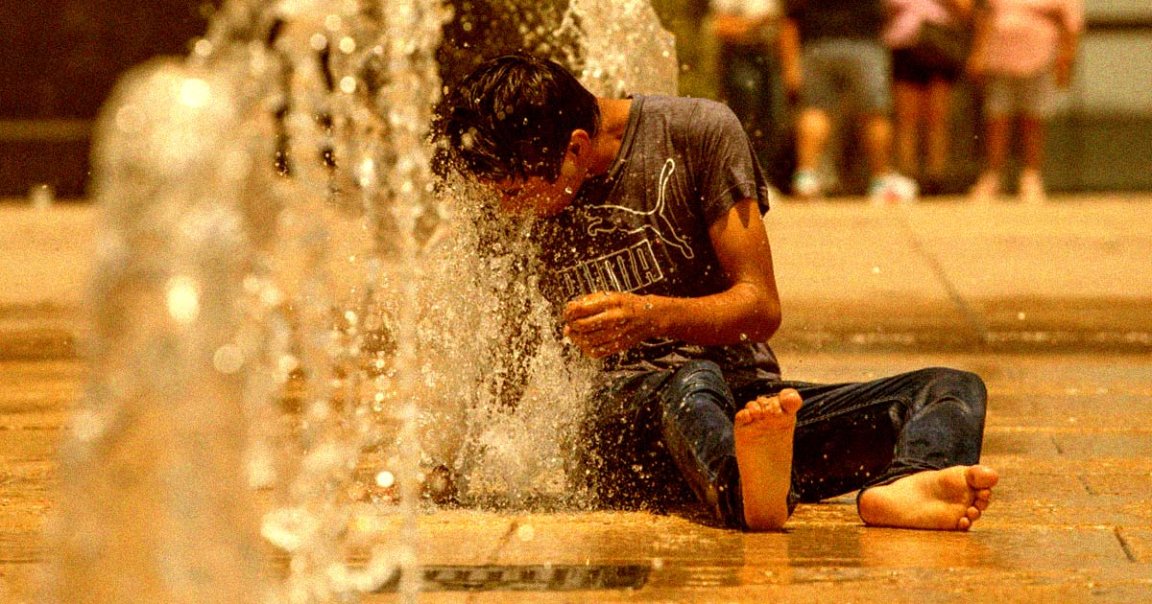
Killer Heat
Scientists have found that it’s not just older adults succumbing to dangerous temperatures driven by climate change — even younger people may be more susceptible to extreme heat as well.
As detailed in a new study published in the journal Science Advances, researchers found that three-fourths of heat-related deaths in Mexico between 1998 and 2019 were people under the age of 35.
It’s a fascinating — and perhaps foreboding — new finding that suggests it’s not just the elderly who are at the highest risk of dying from heat.
“These age groups are also quite vulnerable to heat in ways that we don’t expect even at temperatures that we don’t think of as particularly warm,” first author and Stanford University environmental social scientist Andrew Wilson told the New York Times.
Wet Bulb Blues
Since getting an accurate picture of how many people die due to heat exhaustion is difficult — death certificates often don’t list heat as a cause — the team turned to data relating to changes in “wet bulb” temperatures, which take both humidity and air temperatures into account to gauge how well human bodies can adapt to heat.
“While multiple metrics exist to measure humid heat stress, wet-bulb temperature has been identified as an important metric for understanding the impact of heat on human health because it accounts for the critical role of sweat evaporation — the primary mechanism by which the human body cools itself — in maintaining homeostasis under heat exposure,” the paper reads.
Around a wet bulb temperature of just 95 degrees Fahrenheit, “humans can no longer dissipate heat into the environment and are thus physically incapable of survival when exposed for a sufficient length of time,” the researchers wrote.
Surprisingly, the researchers found that even at much lower wet bulb temperatures of around 75 degrees Fahrenheit — or 88 degrees Fahrenheit with 50 percent humidity — adults between the ages of 18 to 34 were dying from heat.
That’s in contrast to adults older than 70 being vulnerable to much higher wet bulb temperatures.
It’s a concerning finding, considering the number of extreme heat waves is only expected to rise as climate change continues to push up temperatures around the globe. The team projects that the number of deaths among young adults will increase by 32 percent by the year 2100.
“You’re going to increase the number of moderately warm days much more than you’re going to increase the number of extremely hot days,” Wilson told the NYT.
Worse yet, those between the ages of 18 to 34 are also far more likely to engage in strenuous activities outdoors, including sports or work-related tasks, leaving them more at risk.
“It’s not just about your physiological vulnerability,” coauthor and Columbia University graduate student Daniel Bressler told the newspaper. “It’s about the economic and the social factors that make it so that you’re more exposed.”
More on death heat: Dozens of Americans Die in Brutal Heat Wave